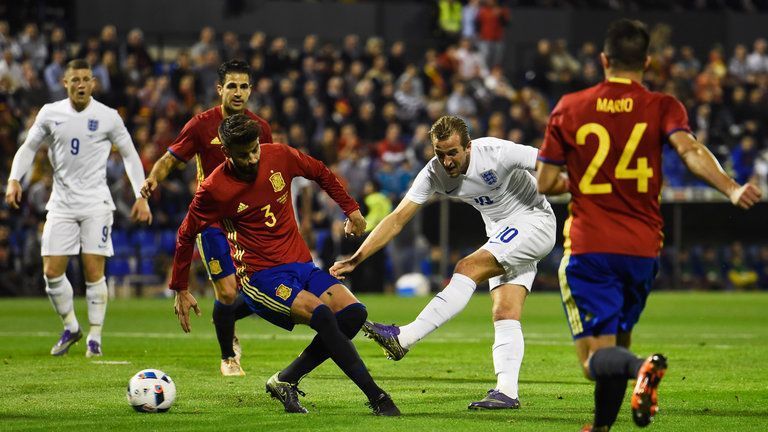
4 reasons why the UEFA Nations League is a great idea
After a hectic opening to 2018/19, it’s already time for the first international break of the season. Usually, big fans of the club game tend to dread this period as it cuts right into the early part of the season just as it appears to hit full flow, but that isn’t necessarily the case this time around.
After a fantastic World Cup that practically every football fan agreed was brilliant to watch, interest in the international game is arguably at its highest point in over a decade. And what’s more, for fans of European teams at least, this international break will see the beginning of the new UEFA Nations League.
Plenty has been said about this new international competition – some positive, some negative – but it certainly makes a change to the usual round of somewhat tedious international fixtures we get in September. Here are 5 reasons why the Nations League is a great idea.
#1 It adds more competition and better fixtures to the international calendar

One of the reasons that international breaks in the season are usually so despised by a lot of fans is that they simply feel pointless. Outside of the big tournaments like the World Cup and European Championship, the international breaks tend to be filled with either meaningless friendly fixtures, or qualifying games for those big tournaments featuring the bigger nations squashing lower-ranking ones. In both cases, the interest level is low.
The UEFA Nations League is hoping to change all that. Designed to limit the number of friendly matches – although there will still be some in the fixture list – the new competition places all 55 nations recognised by UEFA into four separate leagues based on pre-World Cup 2018 rankings, and within these leagues teams will be placed into groups of either 3 or 4 and play one another home and away.
The team that finishes bottom of each group – outside of League D – will be relegated to the league below them, while the team that finishes top – outside of League A – will be promoted into the league above them. And for League A group winners, there’s a mini-tournament to decide the overall Nations League champion, but we’ll get to that later.
So how does this improve the fixtures from a fan’s point of view? Well, not only does it mean that we get more competitive international matches, but it also means that European heavyweights will be playing one another more often. The opening round of games, for instance, sees England face Spain, Germany taking on France, and Portugal against Italy. Sounds better than England vs. San Marino and Germany vs. Lithuania, right?